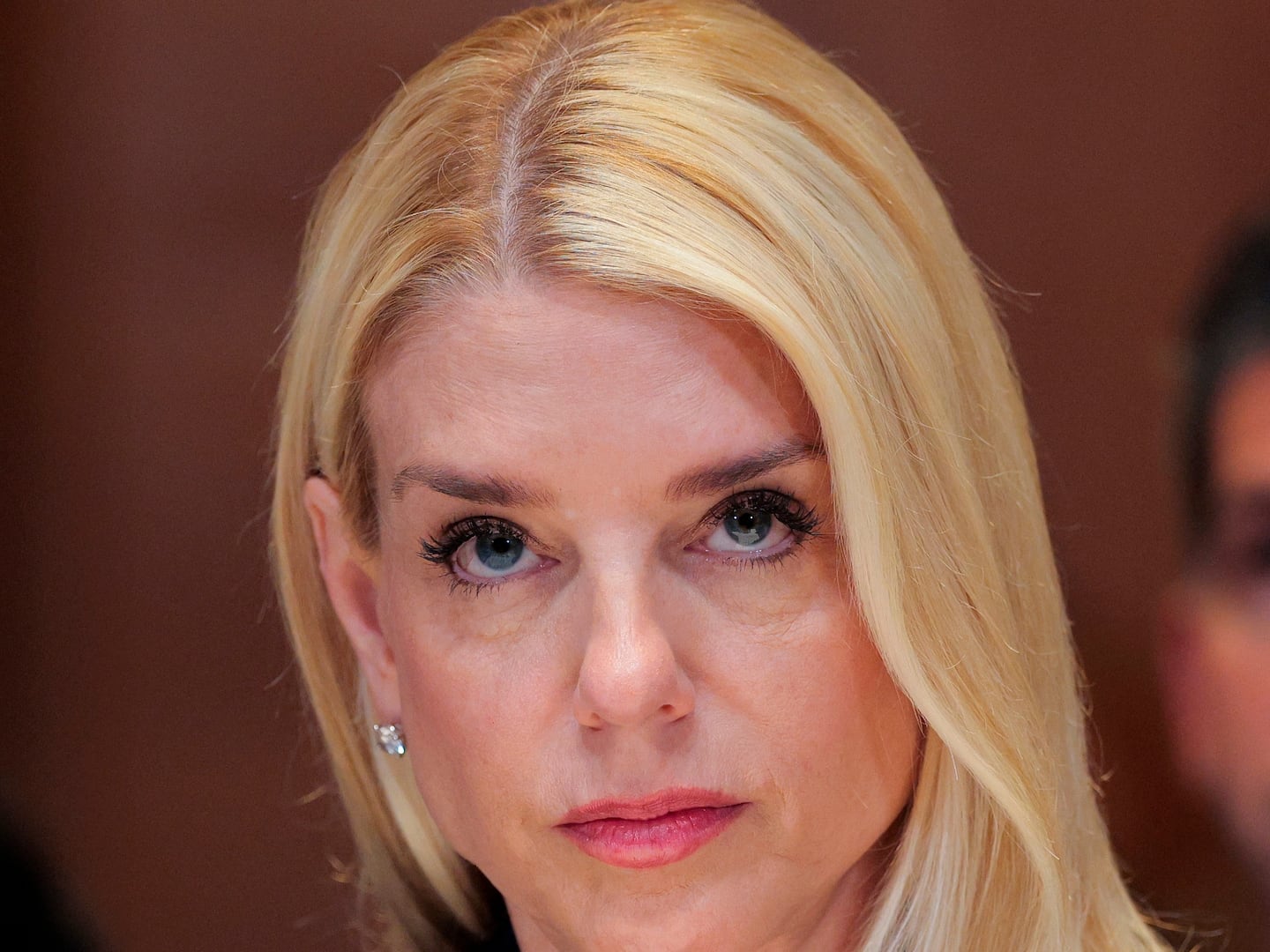Environmentalists are known for their happy pursuit of (mostly) lost causes, but rarely do their quests seem as entirely pointless as the drive to shut down the Keystone pipeline. If we fail to build Keystone, it's not like the Canadians will give up on oil production and refocus their economy around poutine and mounty movies; they'll just move the oil some other way. For example, by train or truck, which takes more energy than a pipeline. Or they'll build a pipeline through pristine British Columbian rain forest rather than open Nebraska farmland.
Time's Michael Grunwald argues that I'm wrong:
The pipeline isn’t the worst threat to the climate, but it’s a threat. Keystone isn’t the best fight to have over fossil fuels, but it’s the fight we’re having. Now is the time to choose sides. It’s always easy to quibble with the politics of radical protest: Did ACT UP need to be so obnoxious? Didn’t the tax evasion optics of the Boston Tea Party muddle the anti-imperial message? But if we’re in a war to stop global warming — a war TIME declared on a green-bordered cover five years ago — then we need to fight it on the beaches, the landing zones and the carbon-spewing tar sands of Alberta. If we’re serious about reducing atmospheric carbon below 350 parts per million, we need to start leaving some carbon in the ground.
Yes, Keystone would create temporary construction jobs, but so would any other construction project. We’re already less reliant on Middle Eastern oil than we’ve been in decades. And there is zero chance that approving the pipeline would, as Nature suggested, help Obama “bolster his credibility” with industry groups and Republicans; they would celebrate their victory and continue their twilight struggle.
It’s true that imposing tough new carbon restrictions for power plants would do far more to control greenhouse gases than rejecting the pipeline, but there’s no reason Obama can’t do both. It’s also true that a tax or other government price on carbon could do even more to keep fossil fuels underground, but Congress simply won’t go there. Rejecting Keystone would at least put a logistical price on carbon from the tar sands, forcing industry to find costlier routes to market—while giving activists a chance to block those too.
This seems like an example of my favorite policy syllogism:
1. Something must be done.
2. This is something.
3. Therefore, this must be done.
Here is why blocking the Keystone pipeline is not going to stop the Alberta tar sands from being turned into oil:
The green line is the price of a barrel of West Texas Intermediate Crude. The red line is the approximate break-even price of the average tar sands producer. As you can see, the average price of oil is so much higher than the break-even price of tar sands production that producers can simply absorb the extra transportation costs imposed by blocking the new pipeline without slowing down extraction. So killing Keystone will not stop more carbon from being pumped into the atmosphere; at best, we're handing a windfall to China, and/or midwestern refineries who have been getting the stuff at a discount.
I'm all in favor of policies like global carbon taxes that would actually cut down on the amount of worldwide carbon emissions. But this is not that policy. It's a pyrrhic symbolic victory that could actually be causing extra environmental damage. This is not the fight we should be having.





